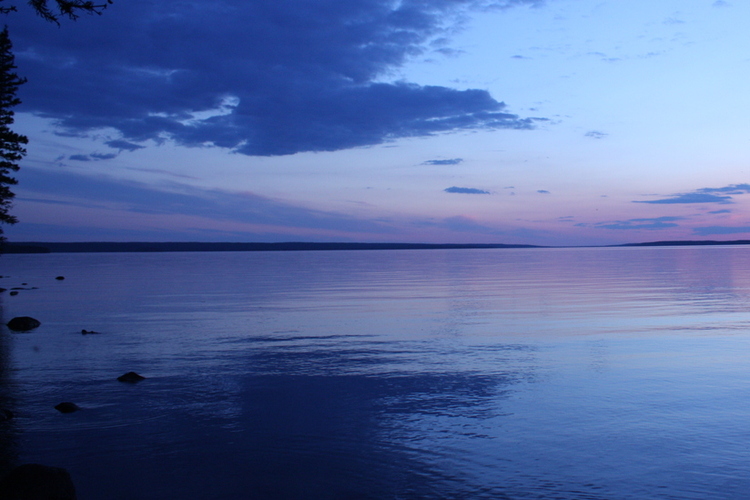Aug 22, 2022 By Katherine Gilks, Outreach/Projects Coordinator There are many thoughts that come to mind when one hears or reads the word "heritage". (The first image that always comes to mind immediately to me is furniture, though I don't know why. Perhaps I first read the word in a catalogue as a child over a photo of a wooden table and chair.) Heritage can be associated with older buildings, antiques, genealogy, ancestral culture, and seniors' homes. It can be associated with language, art, sport, spiritual beliefs, and nature. Sometimes it has a strong link to nostalgia for the past. Heritage can be co-opted by those who want to exploit nostalgia and/or identity, whether for benign sales purposes or for not-so-benign political aims. Heritage permeates so much of our lives that it is impossible to escape it for a holiday. In the summer of 2022, I went to New Brunswick (with a 24-hour visit to Prince Edward Island) to be both a tourist and a visiting family member. As my family is from New Brunswick originally, I have visited many times, so most of the trip was about reconnecting with relatives and favourite places, with some visits to tourist sites and exploring locations that were new to me. Understandably, this holiday ended up being very focused on heritage. It focused on the type of heritage that often springs to mind: sharing stories between family members, usually of the past; looking at old photographs; exploring restored buildings, etc. Yet there was much more to it: talking about contemporary issues, learning about the land (and sea), and seeing those past stories as part of a bigger picture. It was about creating new stories to tell later, whether poignant or humourous. I considered how important a sense of place is. In one sense, a lake is a lake, a river is a river, a house is a house, etc. Many lakes and rivers in Canada share similar geographic features, for example, so much that they are indistinguishable in photographs. But some lakes and rivers felt comfortable, homey, and familiar to me, in ways that do not transfer to their counterparts. For example, I felt like I belonged beside the lake where my ancestors used to farm. I felt part of the landscape, not a visitor and definitely not a tourist. To be honest, even at the most touristy of touristy spots in Atlantic Canada (Green Gables Historic Site, which I strongly recommend), I did not feel like a tourist. I seemed to belong there, drawn into the landscape. This did not come from reading Lucy Maud Montgomery's novels, either, since I admit that I haven't really read them. I cannot replicate this feeling of belonging in many places, and certainly not in places that I have never lived before. People have similar connections to different places; these experiences and connections cannot be dismissed, especially in discussions of wellbeing. My holiday was not particularly different from others'; indeed, it was experienced by many of my relatives on the same trip. We were all gathering together to inter my grandmother. What made my experience a bit different had to do with the inevitable question about what I do for work, having to clarify what Heritage Saskatchewan and living heritage are about, and then being able to connect that work to the experiences that were happening on the trip. Everyone had their own preconceptions of what they thought of "heritage" and therefore each conversation about "what do you do for work?" or "how is work going?" would go off on wildly different tangents. There was reminiscing about the Heritage Minutes vignettes, discussing university courses, talking about family history, asking about old buildings, getting into controversial topics about current events, and sharing examples from the Heritage Fairs. All of that was part of our living heritage, and therefore touches on the work of Heritage Saskatchewan. But rest assured, it was also a very refreshing and relaxing trip!Heritage On Holiday

